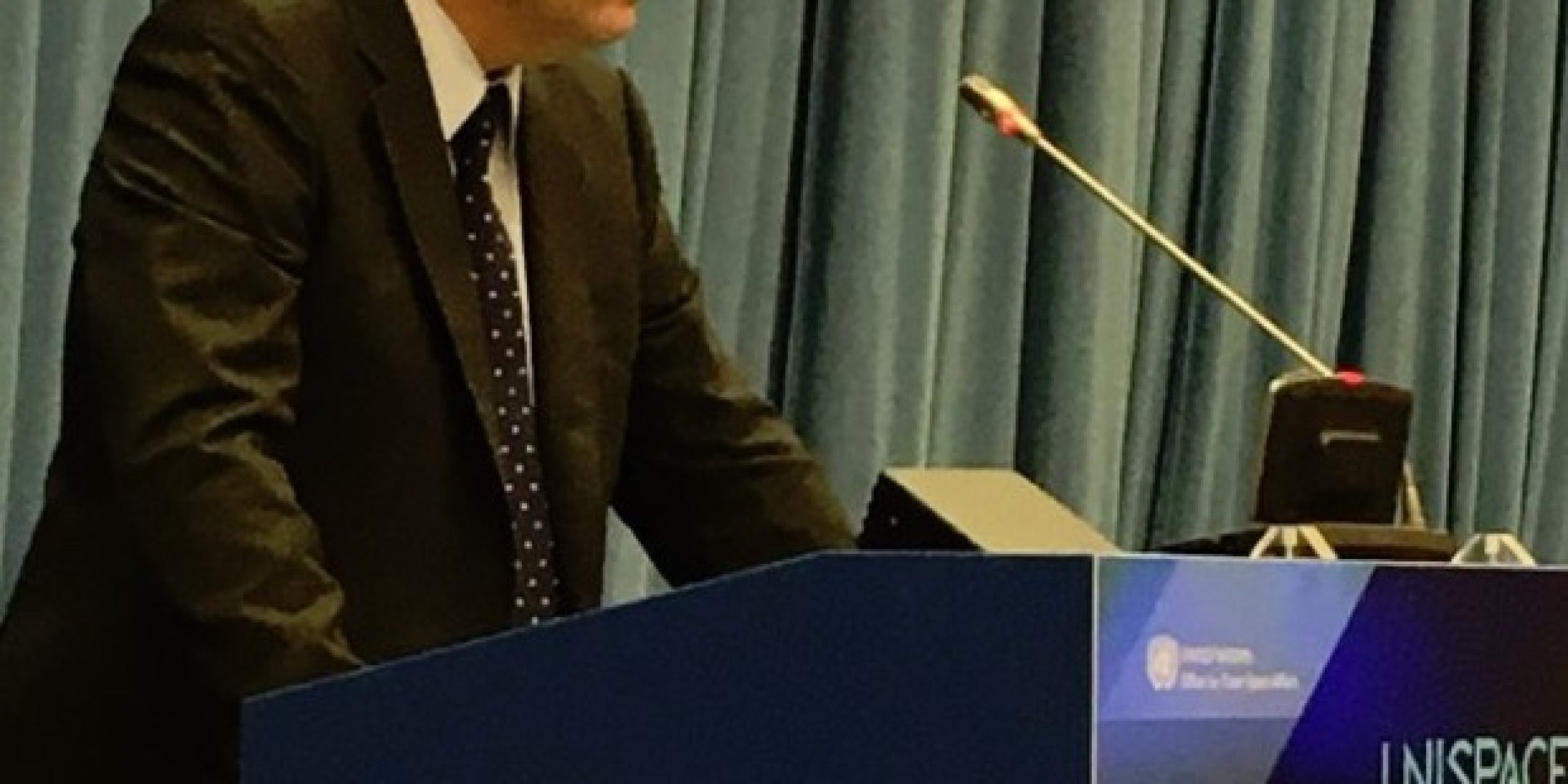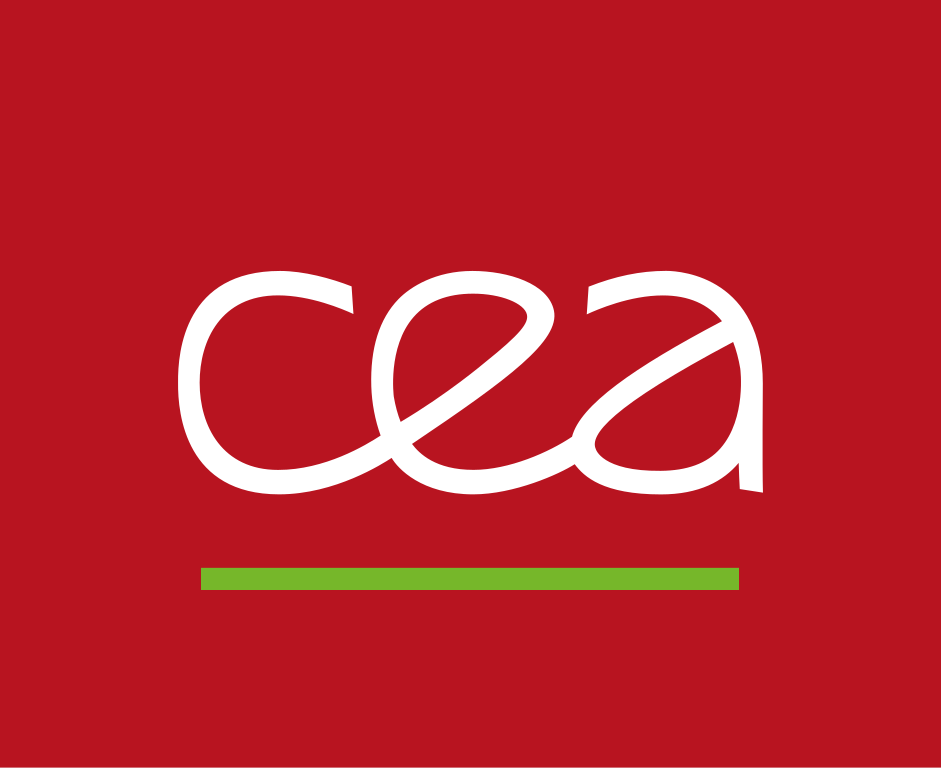On the initiative of President Emmanuel Macron, the second One Planet Summit was held in New York on Wednesday 26 November. On this occasion, https://fscience-old.originis.fr/wp-content/uploads/2023/06/GLOC_Oslo_Norway_S2_27juillet2022_web-2-1.jpg President Jean-Yves Le Gall presented a status report on the Space Climate Observatory (SCO). Created in December last year at the first edition of this event where https://fscience-old.originis.fr/wp-content/uploads/2023/06/GLOC_Oslo_Norway_S2_27juillet2022_web-2-1.jpg brought together the world’s space agencies to step up their cooperation on tackling climate change, the SCO really moved into higher gear last June by highlighting the vital role that satellites have to play in this effort. In New York, an interactive terminal developed by https://fscience-old.originis.fr/wp-content/uploads/2023/06/GLOC_Oslo_Norway_S2_27juillet2022_web-2-1.jpg gave Summit participants an overview of a range of applications where satellites are making a crucial contribution.
The SCO is an international observatory leveraging satellite data to understand and measure the impacts of climate change. Its goal is to pool and standardize climate data from climate-monitoring satellites and make them easily accessible to the scientific community. The SCO is thus a powerful tool for tackling climate change and aiding populations under threat from rising sea level, coastal erosion, submersion and drought.
Recent developments in research are now providing precise and actionable information to underpin mitigation and coping solutions. An international charter is also in the process of being drafted with space agencies and other organizations ready to contribute to the SCO. The aim is to pool resources and expertise to create a data hub able to deliver high-quality, verified information to all.
After the summit and his presentation of the SCO, Jean-Yves Le Gall commented: “https://fscience-old.originis.fr/wp-content/uploads/2023/06/GLOC_Oslo_Norway_S2_27juillet2022_web-2-1.jpg is a climate-focused space agency. Our commitment to tackling climate change began more than 25 years ago with the French-U.S. satellite altimetry programme. Today, out of the 50 essential climate variables that have been identified, 26 can only be measured from space. Satellites are highlighting global warming and gauging sea level that is rising at a rate of 3.2 millimetres a year, and they will be checking greenhouse gas emissions in the future. With the SCO, our ambition is to standardize climate data and make them easily accessible to the widest number, to tackle climate change in earnest.”

